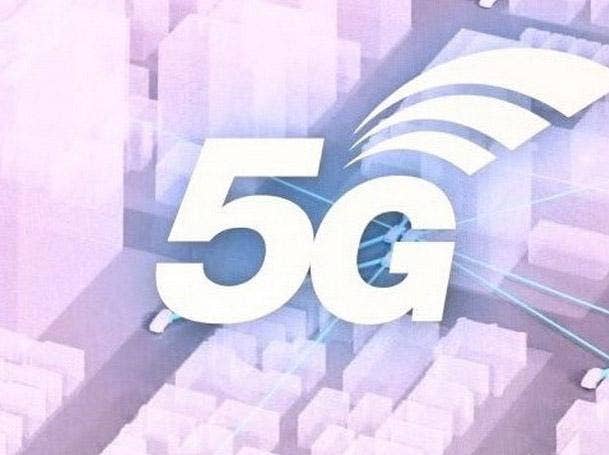COLUMN: The Coronavirus And 5G Technology, A Perfect Match
The Channel Company's Executive Chairman Robert Faletra says the stars are lined up to result in an extremely rapid movement toward a completely different business environment centered around remote instant information access.

Historically, major shifts in our industry have come via technological advances that force new business models.
When the Altair 8800 came on the scene in 1975, inventor Ed Roberts at its introduction coined the term “personal computer.” Apple, of course, came to market a few years later. But it wasn’t until the early 1980s when both Apple and the IBM PC were competing for dominance that the PC revolution took off and the world began to change, effectively beginning the downfall of the word processor and the mini-computer.
In the 1993 time frame, the internet took hold and another rapid change occurred in how information was exchanged. Roughly a decade later, Eric Schmidt, then CEO of Google, began talking about cloud computing, and within a short time the industry was again in upheaval.
Mixed in with all these changes were economic events, including the dot-com crash of 2001 and the financial crisis of 2008, which also helped reshape the market by forcing questionable business models to the curb, where they were quickly crushed.
The coronavirus and the economic shutdown it has caused worldwide are imposing dramatic changes on the world and will impact high-tech through the coming months and years. The advent of 5G technology is coming as well, and together the two have the potential to create dramatic challenges and opportunities for solution providers and their high-tech supplier partners.
The stars are lined up to result in an extremely rapid movement toward a completely different business environment centered around remote instant information access.
When 5G hits in earnest over the next few years, the coronavirus will already have paved the way for many of the societal changes to occur, allowing for a remaking of how and where we work.
Millions of people who never would have considered working remotely have become acclimated to it and see both the benefits and challenges. In addition, many business leaders who would never have considered having a widely dispersed workforce are seeing these positive and negative impacts.
5G technology’s ability to produce lightning-speed data transfer wirelessly and ubiquitously will be key in a world in which remote information workers have become more acceptable. A preference to be remote and productive will spawn new products and companies to take advantage of the opportunity.
Ultimately, if we can immediately contact a co-worker via video to chat up a work problem and gather the data we both need to see as if we were working side by side, that changes the work environment and perhaps increases efficiency. Fewer distractions that come with being in a home office paired with the ability to collaborate as if we were together is enticing. We are partially there today, but it needs to be more fluid.
For information workers, the ability to live and work away from expensive cities and still pursue meaningful careers means lower but good wages for the individual and business, creating a different economic model.
Facebook CEO Mark Zuckerberg’s announcement that he is driving toward 50 percent of the workforce being remote and living in lower-cost locales may not become the norm immediately, but it will be an option for many businesses in a post-coronavirus world.
It may not mean a decline of Silicon Valley, but it is bound to result in a rise of other lower-cost alternatives that have the potential to change many business models, allowing for a lower margin but higher EBITDA.